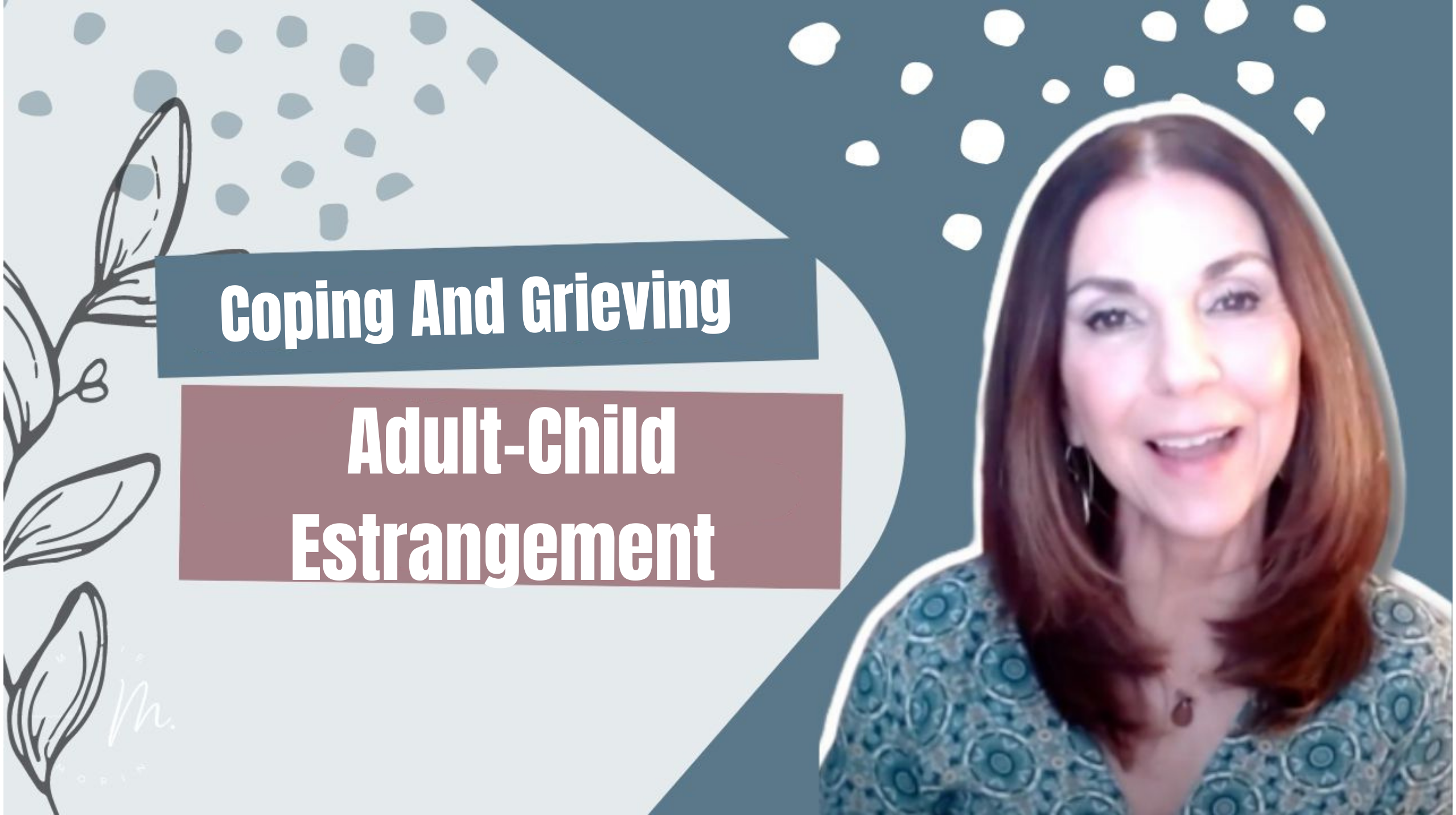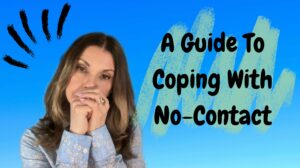Estrangement is a growing phenomenon encompassing intentional separation from a parent, resulting in grief and loss. When an adult child chooses to estrange themselves from a parent, suffering and emotional turmoil can be overwhelming. This article delves into the intricacies of coping and grieving in the face of adult child estrangement, providing insight, guidance, and steps to navigate this challenging journey.
Understanding Estrangement: What It Entails
Estrangement occurs when a family member emotionally or physically distances themselves from one or more family members. This could manifest as an adult child abruptly ceasing communication through unanswered texts or a formal announcement of cutting ties. In some cases, the estranged adult child may also sever contact with siblings and extended relatives, creating a sense of isolation.
While the circumstances leading up to estrangement may vary, parents often grapple with profound grief when their child intentionally distances themselves. This grief can manifest in different ways, and there is no single “right” way to process it.
The Complex Stages Of Grief And Adult Child Estrangement
Grief’s journey is intricate, especially when combined with the intentional separation witnessed in adult-child estrangement. Elizabeth Kubler Ross’s stages of grief—shock, bargaining, denial, guilt, anger, depression, acceptance, and hope—illuminate a framework for understanding the multifaceted emotional stages individuals experience. Forgiveness is Interwoven in this dynamic fabric, a transformative force releasing the pain tied to estrangement.
As parents confront the absence of a beloved adult child, a whirlwind of emotions ensues—confusion, guilt, depression, shock, and immobilization. These emotions, far from trivial, form a storm that echoes trauma, especially if the parent-child bond was once paramount.
Recognizing the diversity of parent-child dynamics is crucial. These relationships span from healthy to strained. Healthy ones prioritize mutual respect, independence, boundary setting, and the absence of manipulation.
Estrangement disrupts these dynamics. Adult children’s distance shatters established principles, challenging parental identity and the significance drawn from the parent-child bond.
Deconstructing The Stages Of Grief
- Shock: The initial response involves disbelief and shock. Parents grapple with their child’s chosen separation.
- Bargaining: Parents might bargain, seeking reconciliation or amends to regain the lost connection.
- Denial: Denial sets in as defense. Parents struggle to accept estrangement’s truth, hoping for reversion.
- Guilt: Pervasive guilt emerges. Parents question actions, wondering if different choices could have altered outcomes.
- Anger: Pent-up emotions erupt inwardly or outwardly—toward the estranged child, others, or self.
- Depression: Estrangement’s emotional toll fosters deep depression. Sadness, isolation, and profound loss ensue.
- Acceptance: Some parents slowly find acceptance, adapting to new norms.
- Hope and Forgiveness: Final stages harbor hope and transformative forgiveness. It frees from resentment’s grasp without condoning hurt.
Embracing Transformation
Navigating adult-child estrangement is intricate. As parents explore self, heal, and grow, they stand at acceptance and transformation’s crossroads—a testament to human resilience. Remember, you’re not alone; understanding, support, and self-compassion facilitate healing.
Exploring the Complexity of Adult Child Estrangement
Life is complex, and various factors can contribute to adult-child estrangement. Even exceptional parents who have given their best may be estranged from their adult children. Similarly, some adult children have endured difficult experiences within their families, shaping their decisions to distance themselves.
For parents mourning the status of their relationship with an estranged adult child, processing emotions becomes an essential step in moving forward. However, grief can sometimes become unrelenting, leading to a condition known as Complex Bereavement Disorder. This disorder is characterized by prolonged and intense suffering that disrupts daily functioning.
Moving Forward: Steps Towards Healing
Coping and moving forward in the wake of adult-child estrangement requires a concerted effort:
- Stay Informed: Research and gain insights into estrangement to realize you’re not alone in this experience. Over 27% of the U.S. population has experienced family estrangement. However, be cautious not to overwhelm yourself with information.
- Seek Support: Don’t navigate this journey alone. Therapists and estrangement coaches can provide invaluable guidance and companionship. They possess the expertise to help you process your feelings and offer strategies to move forward.
- Stay Connected: Surround yourself with those who love and value you. Isolation can exacerbate the pain, so strive to maintain social connections. Engaging with friends, family, or support groups can help alleviate loneliness.
- Journaling: Writing down your thoughts, feelings, and hopes can be cathartic and help you process your emotions without judgment. This practice can be a safe space for self-expression and a means to track your progress.
- Embrace Your Worth: While your adult child’s choices may have deeply impacted you, it’s crucial to recognize that your life holds intrinsic value. Engage in activities that bring you joy, rediscover your passions, and explore new avenues of personal growth.
- Consider Therapy: If the grief becomes unmanageable, seeking therapy can provide healing support. A therapist can help you navigate the complexities of grief, explore coping strategies, and work toward acceptance.
Conclusion
Coping with adult child estrangement is a challenging journey marked by grief, confusion, and the struggle to move forward. By acknowledging and processing your emotions, seeking support, and taking intentional steps toward healing, you can eventually find a path to acceptance and hope. Remember, you’re not alone on this journey, and recovery is possible, even in the face of intentional separation from a loved one. As you navigate the challenges of adult-child estrangement, remember that your resilience and willingness to heal can ultimately lead you to a place of greater understanding and peace.








